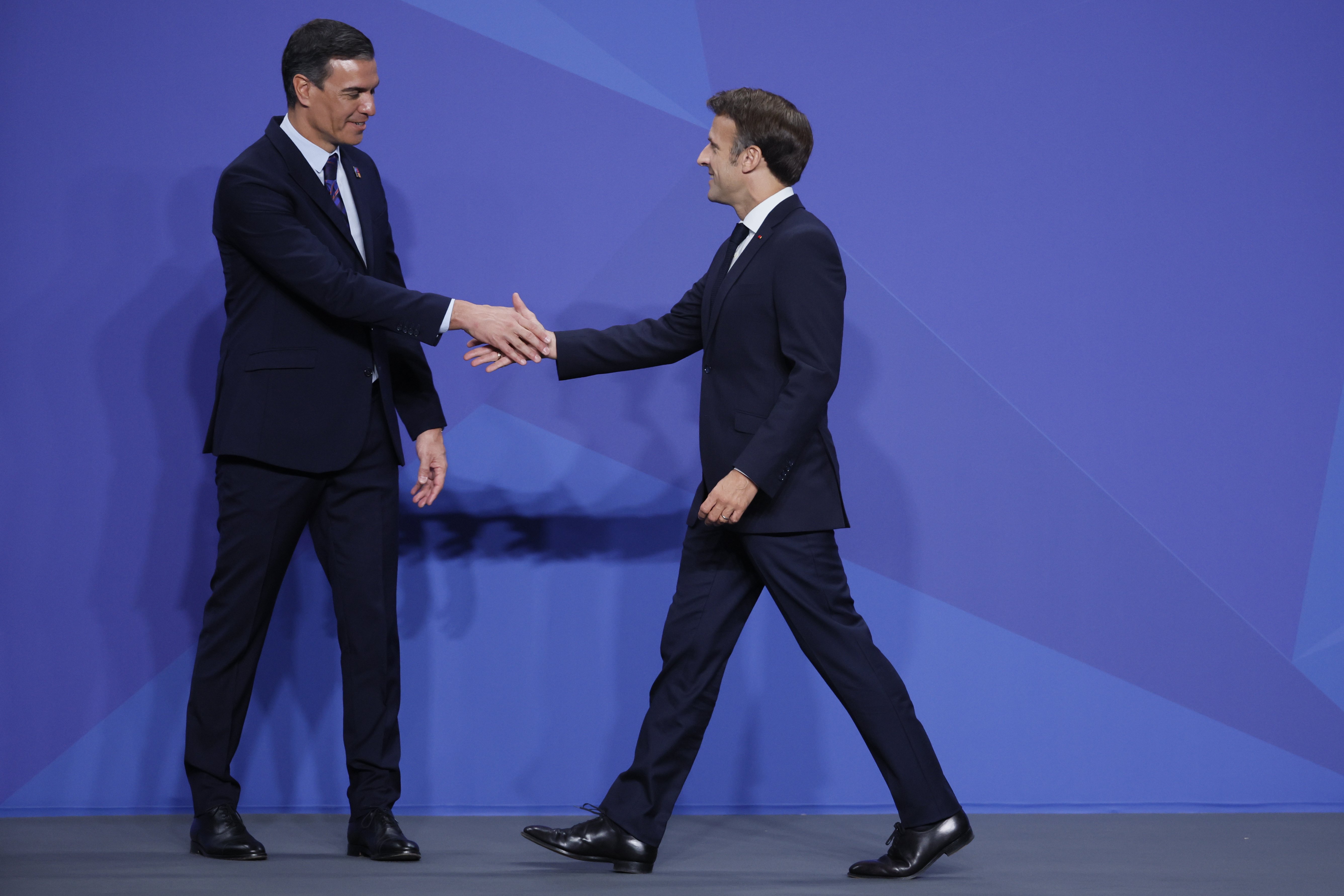France has closed the door. The Macron government has no intention of participating in the completion of the Midcat project, the gas pipeline that would serve to connect the Iberian peninsula with central Europe and thus allow more natural gas from the Maghreb to reach the whole continent. Faced with the threats of Vladimir Putin, who could limit the supply of gas to energy-dependent countries such as Germany, chancellor Olaf Scholz last week asked his European partners to complete the project, which is currently interrupted between, in the south, the Catalan town of Hostalric and, on the northern side of the Pyrenees, Barbairan in Occitanie - two towns 226 kilometres apart. According to Scholz, if the gas link had already been built, "Europe would not be in the situation of scarcity in which we are now."
After this call, representatives of both the Catalan and Spanish governments quickly came out giving their support to the project and affirming that they would work to complete it as soon as possible. Spanish energy transition minister Teresa Ribera went as far as estimating the period for completion at "eight or nine months". Now, however, it seems that it will not be so easy. Emmanuel Macron's energy transition ministry has stated that the project "would take years to be operational and would not respond to the current crisis", as radio station Cadena Ser reports. According to French estimates, the Midcat would not be completed until the tensions between Europe and Russia had already passed.
As an alternative, France has proposed another option: building floating methane terminals in maritime areas of countries such as Germany. "Member states of the European Union that have a sea coast have undertaken the construction of methane terminals, a faster solution that allows gas to be imported from the Gulf countries and the United States." On this same point, France considers that these terminals in the north and east of Europe, "and especially in Germany, represent smaller and faster investments, if they are floating". The solution proposed by France, therefore, would not go through Catalonia.
Currently, there are two gas pipelines that cross the Pyrenees on its western edge, specifically through the Basque Country and Navarra. According to the same French press release, these have been operating "at full capacity since the beginning of the Ukrainian crisis", but the Midcat, going through the eastern Pyrenees, would double this capacity. However, the proposal would mean going against the strategy required for confronting the climate emergency. In addition, the French response also questions whether the installation could be used to transport liquefied gas, as the Pedro Sánchez government intends. "The uncertainties are very high," said the statement.
Jaume Giró's warning about the project
In fact, after chancellor Scholz's request and the optimism of the Catalan and Spanish governments last week, the Catalan minister of economy, Jaume Giró, called for prudence. Speaking on TV3's Telenotícies, he warned that the construction of the Midcat "is an extremely complex partial and medium-term solution". In addition, he also warned that it would be "neither easy nor quick" as a project because it would depend on the approval of the European Union and the Élysée. Indeed, it has been Paris who, for now, has stepped aside from the plan.

